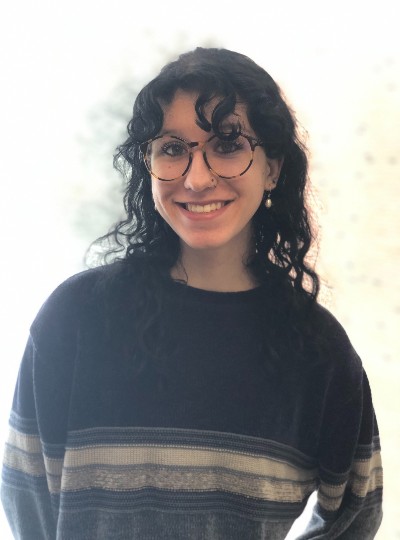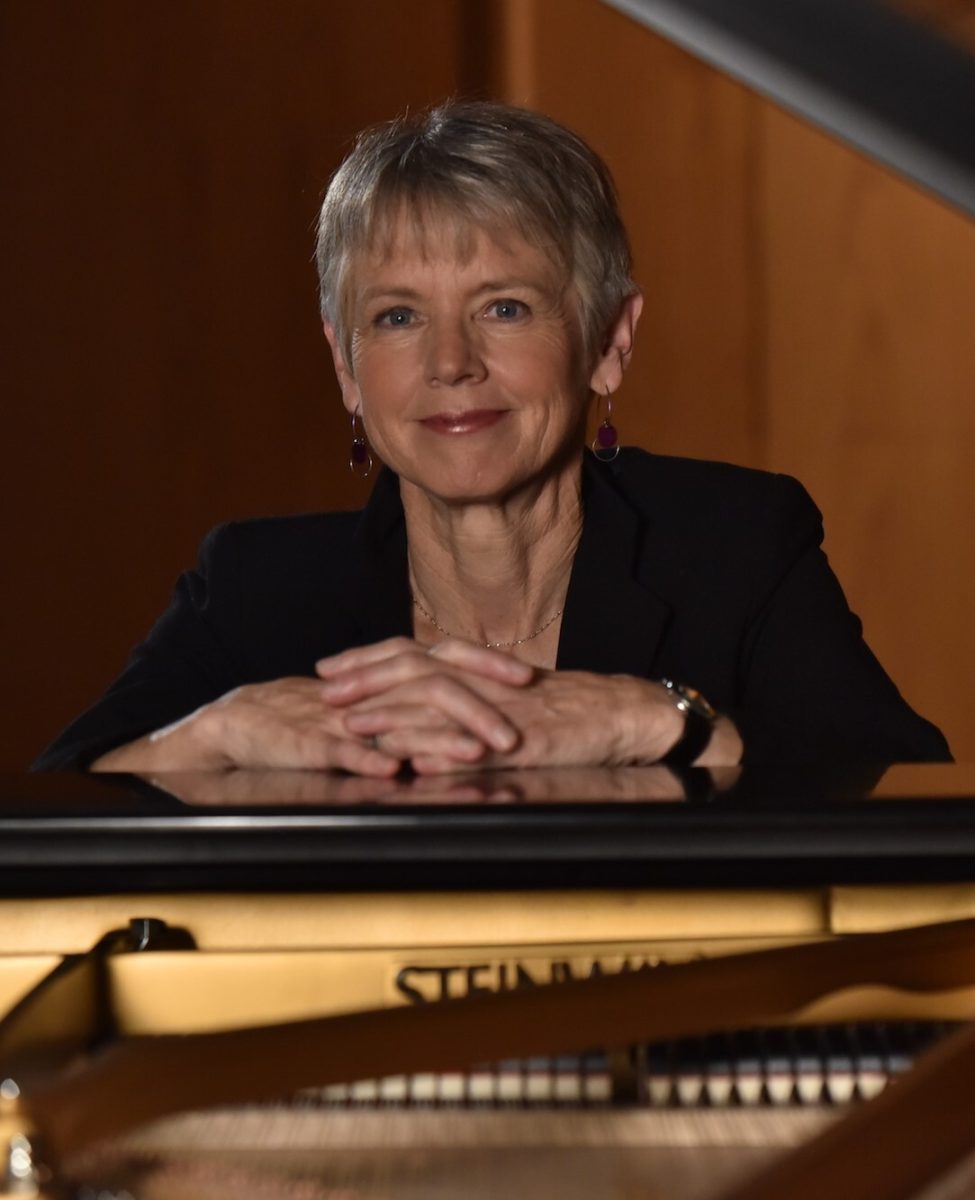A recent copyright infringement lawsuit involving Google and five universities has challenged the way universities are making copyrighted information available to students, faculty and the public.
The universities are being sued because of their digitization projects with Google by the Author’s Guild. The five universities being sued are Cornell University, University of Michigan, Indiana University, University of California and University of Wisconsin.
Paul Courant, the University of Michigan librarian and dean of libraries, said the lawsuit could greatly affect their digitization projects.
The lawsuit entails a court order to stop the digitization of orphan works at the universities as well as placing the works already online in a safe place, he said.
“The library would like to make it easy for students and faculty to use these works,” Courant said. “We think this is harmless.”
University of Michigan is currently trying to create an entire digital library, but have been following the copyright laws, he said.
Many of the books that are being digitized are orphan works, books in which the author and publisher cannot be found or identified. Many of these orphan works were published between 1923 and 1964, where the copyright laws changed, Courant said.
The majority of the materials made into digital copies are not available to anyone online, but are used as a way to catalog and make searching for the material easier for students and faculty, he said.
“The Author’s Guild is not happy, but it’s not clear why they’re unhappy,” Courant said.
Academic provisions to copyright laws make use of material easy for educational purposes, said Ruth Watry, associate professor of political science at NMU. A professor can make up to three chapters or one-third of a book available to students without committing copyright infringement.
The use of online learning systems like EduCat is also covered under the academic provisions. Because NMU students need a password to view material a professor has posted, information can be put online if that book is out of print, she said.
“Digitizing copyrighted material is a lot like downloading music for free,” Watry said. “The publishers and authors of the work aren’t going to be compensated.”
Universities can get into trouble with copyright laws when translations and editions are involved. A book or published material is under copyright for the author’s life span as well as an additional 70 years after their death.
Professors who want to use a book that is out of print, but still under copyright can break the law if they put the entire book online and open it up to all students on campus, Watry said.
Although many universities are working on digitizing books and other material, NMU’s Olson Library is not.
Mollie Freier, head of public services at the library, said NMU only digitizes material NMU owns the copyright to, or has become public domain.
“The lawsuit really doesn’t affect us because we don’t digitize books,” Freier said. “We don’t have that relationship with Google because it costs a fortune.”
Freier said that because the Olson Library is not a research library, it does not have the funding, or the material Google is interested in making available online. Although the library has been watching the lawsuit from afar, it does not have a direct impact on NMU.
























